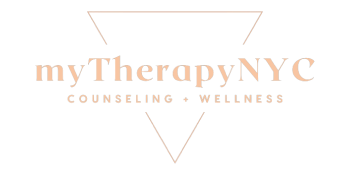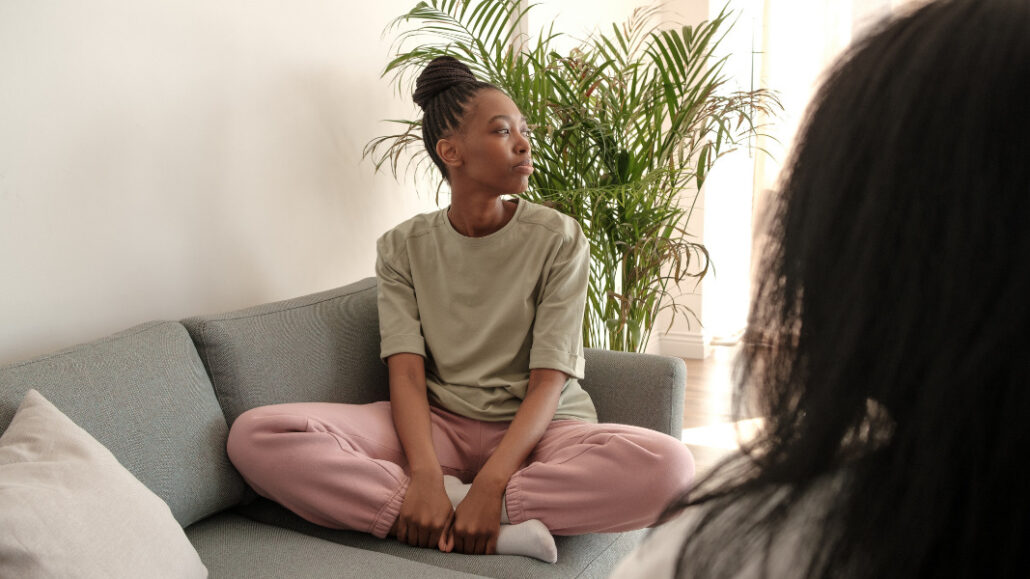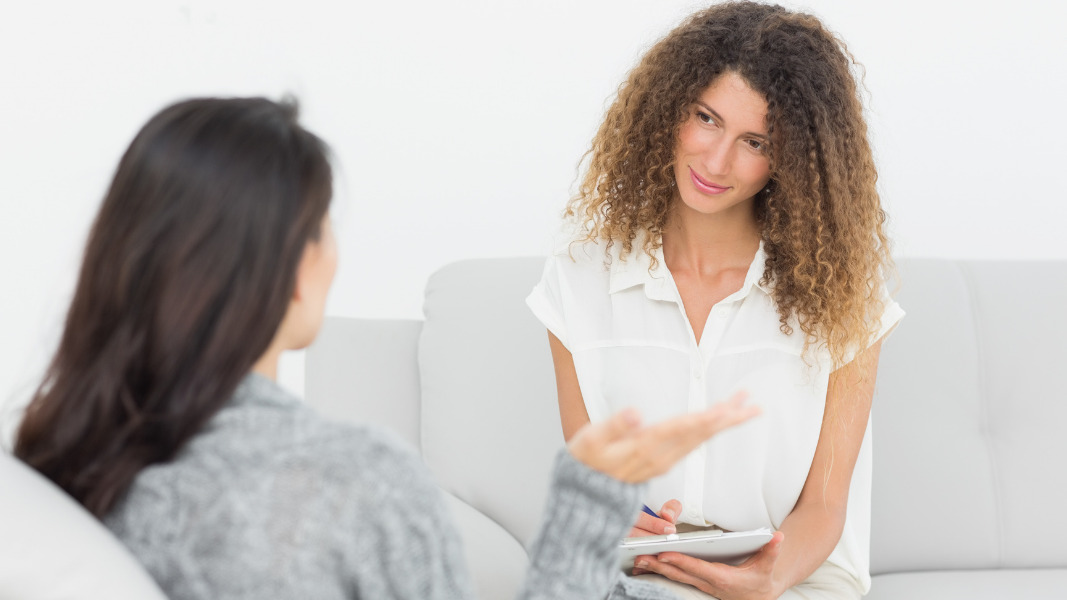Having a good friendship is something that we all treasure and adore. Friends are essentially our chosen family. We usually can share anything and everything with them at any time of the day. Friends get to know us very well over time. Some of our friends have even been with us throughout the majority of our lives. However, sometimes it is important to remember that your friend is not your therapist. This is especially true when you experience things in your life that you may need some additional help with.
A therapist is unbiased
You may be asking yourself, “why should I see a therapist when I have such good friends?” The nice thing about having a therapist is that they are an unbiased person that you can communicate with. This means they are an outside party that is not influenced by anyone else you know. They are not showing favoritism towards any aspect of your issue. They are not aware of anything outside of what you share with them. Your close friend probably knows a lot about you and the other people in your life. Because of this, advice may be given based on existing biases, rather than what may be best for the situation at hand. Your friend is always going to have your back, whether they feel you are right or wrong.
A therapist will challenge you to think about what you are experiencing from different points of view. Not only is a therapist unbiased, they are also legally bound to keep your conversations confidential as long as you are not threatening to hurt yourself or others. This is helpful, because you can share things with your therapist that you may be afraid of sharing with your friends. In therapy, there is no possibility of it being shared with others instead of it being private.
Therapy teaches coping skills
We all vent to our friends about what we are going through. We may often get responses from them such as “it will all be okay,” or “try not to think about it.” These responses may work in the moment, but it is not a permanent solution to how we are feeling. A therapist is trained in many different interventions, and one of these interventions is being able to teach coping skills. Coping skills are strategies that we can use to help us deal with specific emotions and behaviors. For example, say you are having issues with feelings of anxiety and stress. A therapist might help teach you deep belly breathing exercises while in a therapy session.
Therapists can also help you to access emotions about certain situations in sessions that you may have difficulty accessing on your own. When getting this help, you are able to get to the core emotion of what you are feeling. Doing so allows you and your therapist to come up with the appropriate responses and coping strategies to aid in these feelings when you are outside of the session.
It is a good thing that your friend is not your therapist
Being there for your friends and being able to depend on them is an important part of friendship. It is always nice to have someone to vent to and rely on through the good and the bad. But, it is also important to remember the need for boundaries in any relationship.
Boundaries around sharing
Try to notice the difference between friendship and therapy. Sharing too much too often with your friends can begin to blur the lines of the friendship. It can start to feel more like work rather than an enjoyable relationship. Over time, this can become an unhealthy cycle. Your friends may begin to feel burdened or just at a loss because they feel that they are not helping you. This can also make you feel upset with your friends because you think they do not want to help you or are not interested in what you have to say. This might lead to your friends distancing themselves or feeling overwhelmed. Ultimately, this can change the dynamics of the friendship.
Mindfulness about sharing
This is not to say that you should never reach out to your friends for advice or when you want to talk. It just means that you should be mindful of how much information you are sharing. You may also want to be mindful of how much room you are leaving for your friends’ needs as well. It is important to ensure that we are also pouring into our friendships and your therapist can help you with that too. You can bring issues from your friendships into your therapy sessions. Your therapist can help you with improving those relationships and addressing some issues that you may not have spoken about in the past.
Read more about starting therapy.
Going to therapy can seem a bit daunting at first. This may be especially true when you are used to tackling your issues with the help of your friends. That said, a therapist is actually a great addition to your life and can help you reflect and grow both as a person and in your goals. Getting a therapist doesn’t mean that you have to stop engaging with your friends or talking to them about some of your issues. It just allows you to have another person in your corner that you can talk to and trust. Your therapist can give you professional advice when you need to process different emotions in life.
Are you interested in working a therapist? Reach out to myTherapyNYC to find out which of our therapists would be a good fit for you!
How has talking to a therapist taken pressure off of your friendships? Join in the conversation in the comments below!
- Should I Consider Taking Antidepressants? - August 11, 2022
- Why Your Friend is Not Your Therapist - March 31, 2022






4 comments
Yasmin, I thoroughly enjoyed this blog. I like how you identified the value in both relationships- friendships and a relationship with a therapist. Your blog clearly outlined the differences between both relationships.
Thank you for this Yasmin. I connected with this blog so much. I really resonated with wanting to vent to friends for relief and separately having an unbiased view that can help me grow through my experiences
Thank you for sharing! I love the ideas presented here and appreciate the clear lines between friend and therapist. Both are so important in such different ways!
Thank you, Yasmin! You really highlight the differences between a therapist and our friends, and the importance of an unbiased person in our lives. Through work with my own therapy, I feel I am able to be more present with my friends and leave space for them rather than unloading all of my issues on them.